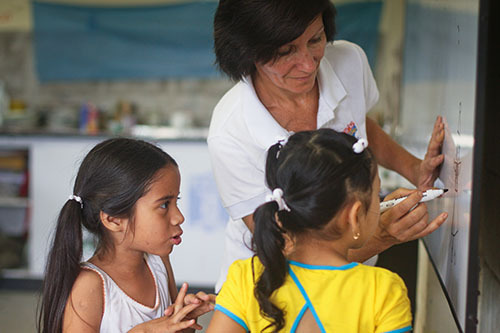
In the profit-above-all-world of digitization and automation, ethics and the nature of professionalism seem to be in question and under attack from all sides. Will the new robots on the block provide the same expertise and multiple intelligences we expect from human experts? What can be done to preserve and strengthen the quality of our professions?
In Part 1 of our three-part Blog Mini-Series, In Search of Professional Ethicists with Professor Howard Gardner, he focused on problems faced by all the professions in a changing world. In Part 2, his emphasis was on the nature of education as a domain and the ethics involved in that profession. In the third and final part of our Blog Mini-Series, Howard will talk about how he believes people in any line of work can become both ethical professionals and excellent citizens. He will specifically discuss what we can do to improve the quality of the education profession.
Professor Howard Gardner of the Harvard Graduate School of Education has received numerous honors throughout his lifetime including a MacArthur prize fellowship; he has honorary degrees from many universities around the world, and has been named one of the 100 most influential intellectuals by Foreign Policy and Prospects magazine for his work in the study and exploration of the theory of multiple intelligences. He directs The GoodWork™ Project, a large scale effort to identify individuals and institutions that exemplify good work.
Howard, how do you define excellence and apply it to human endeavors?
While my own energies have focused recently on ‘the professional ethicist,’ my colleagues and I have been working for twenty years on the issues of what it means to be a good worker, a good citizen, and a good person. Though these phrases may sound similar to one another, we consider these to be separate realms. An individual can be an exemplary worker and a lousy neighbor, or vice versa.
In speaking of the achievement of excellence as workers and citizens, we refer to the three E’s: Excellence, Engagement, and Ethics. Those who embody the triple helix of the three E’s (ENA, we whimsically call it) know their subject excellently, be it a profession or their civic duties; they are engaged, they care about that realm; when faced with a difficult challenge, they try to do the right thing, the ethical thing; and when they fail, as all of us inevitably do, they reflect on what can be done better next time.

Do you think being a good citizen ever gets in the way of being a good worker or vice versa?
I certainly hope that being a good citizen does not get in the way of being a good worker or a good parent. And when we have exemplary role models, for example, teachers or parents who embody all three of the “goodnesses”, we are very fortunate. But I have to stress that we cannot assume that one “goodness” takes care of the others. I consider Mahatma Gandhi and Martin Luther King Jr. as amazing leaders and citizens; but neither of them served as a good role model with respect to family affairs. And we know from art and literature that many villains at work or in high office are admirable family members.
So what can we do to increase the likelihood of Educators becoming professionals and of their practicing their profession in an ethical manner?
To begin with, no one can make or deny a group of workers the status of a professional. It is up to the individuals themselves to demonstrate that they have a set of skills and a set of values that make them indispensable to a society. That is what has happened with respect to pre-collegiate education in some nations in northern Europe and East Asia, but it has yet to happen on a large scale in the United States. Put in terms of the three E’s, we need educators who are knowledgeable, engaged, and dedicated to ethical decision-making and behavior.
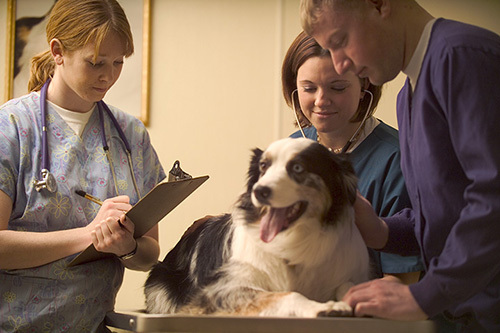
How do we attract individuals of high quality and of the right qualities to the Education profession?
The best way to do this is to have a viable and attractive career path, to reward those who excel. This process begins with the highlighting of places, whether in the US or abroad, where teaching is seen as an attractive profession including sensitive and profession-appropriate measures of which candidates are promising; excellent training given over a number of years, without candidates having to acquire significant debt; placement of apprentice teachers in settings where they can be expertly inducted into the profession; expert and appealing professional development where teachers feel that they are continuing to acquire new and needed skills; and career paths that are multi-faceted and rewarding.
Next, we need to call attention to individuals who embody the best of the professions, try to understand how they have achieved that status, and draw on those lessons in the education and nurturing of future generations of professionals. We need educational heroes and we need the full range of educators to emulate them and to aspire to join their ranks.
Then, uncomfortable though it may be to do so, we need to identify and explain why some educators do not behave as professionals. And if they continue to behave in a non-professional manner, they should be removed from the ranks of educators. Such ‘dis-barring’ occurs in law and medicine; and, in a less formal way, it occurs as well in journalism and in the professoriate.
Finally, and importantly, we should honor those individuals, whether or not they have degrees or certification, who behave like professionals. We all recognize when someone in a school, be it the person who empties the waste paper basket or who sits at the entrance to the building does the right thing in the right way. We should appreciate and honor such professionalism. I hope that I will never live in a world where the phrases, “He is a real professional”, or “She behaves like a true professional”, have lost their meaning. Or, to put it positively, I want to live in a world where we point to someone with admiration and say, “She is a consummate professional.”
(All Photos are courtesy of Shutterstock and CMRubinWorld)
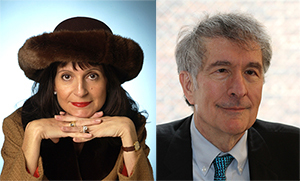

Join me and globally renowned thought leaders including Sir Michael Barber (UK), Dr. Michael Block (U.S.), Dr. Leon Botstein (U.S.), Professor Clay Christensen (U.S.), Dr. Linda Darling-Hammond (U.S.), Dr. MadhavChavan (India), Professor Michael Fullan (Canada), Professor Howard Gardner (U.S.), Professor Andy Hargreaves (U.S.), Professor Yvonne Hellman (The Netherlands), Professor Kristin Helstad (Norway), Jean Hendrickson (U.S.), Professor Rose Hipkins (New Zealand), Professor Cornelia Hoogland (Canada), Honourable Jeff Johnson (Canada), Mme. Chantal Kaufmann (Belgium), Dr. EijaKauppinen (Finland), State Secretary TapioKosunen (Finland), Professor Dominique Lafontaine (Belgium), Professor Hugh Lauder (UK), Lord Ken Macdonald (UK), Professor Geoff Masters (Australia), Professor Barry McGaw (Australia), Shiv Nadar (India), Professor R. Natarajan (India), Dr. Pak Tee Ng (Singapore), Dr. Denise Pope (US), Sridhar Rajagopalan (India), Dr. Diane Ravitch (U.S.), Richard Wilson Riley (U.S.), Sir Ken Robinson (UK), Professor Pasi Sahlberg (Finland), Professor Manabu Sato (Japan), Andreas Schleicher (PISA, OECD), Dr. Anthony Seldon (UK), Dr. David Shaffer (U.S.), Dr. Kirsten Sivesind (Norway), Chancellor Stephen Spahn (U.S.), Yves Theze (LyceeFrancais U.S.), Professor Charles Ungerleider (Canada), Professor Tony Wagner (U.S.), Sir David Watson (UK), Professor Dylan Wiliam (UK), Dr. Mark Wormald (UK), Professor Theo Wubbels (The Netherlands), Professor Michael Young (UK), and Professor Minxuan Zhang (China) as they explore the big picture education questions that all nations face today.
The Global Search for Education Community Page
C. M. Rubin is the author of two widely read online series for which she received a 2011 Upton Sinclair award, “The Global Search for Education” and “How Will We Read?” She is also the author of three bestselling books, including The Real Alice in Wonderland, is the publisher of CMRubinWorld, and is a Disruptor Foundation Fellow.
Follow C. M. Rubin on Twitter: www.twitter.com/@cmrubinworld

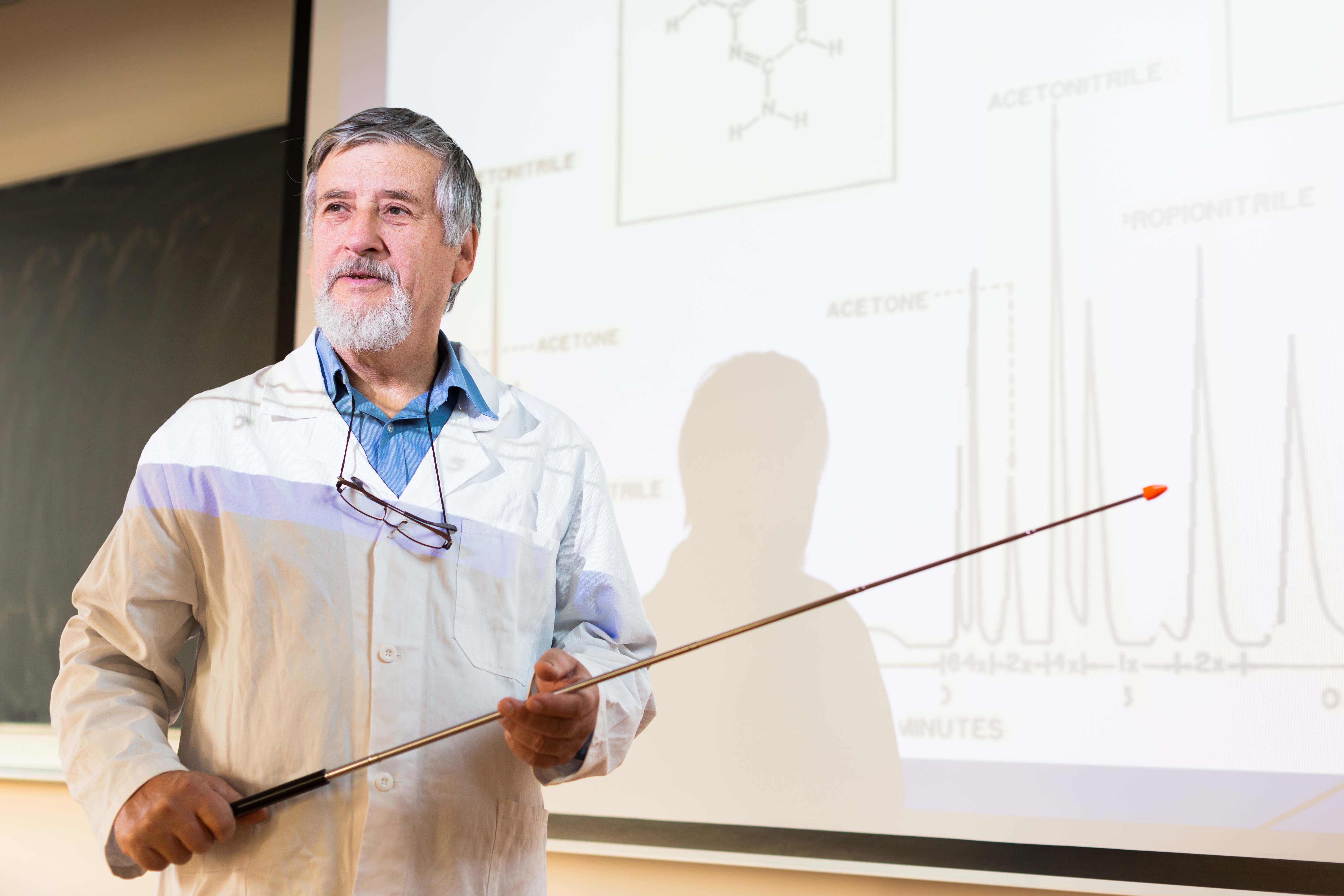

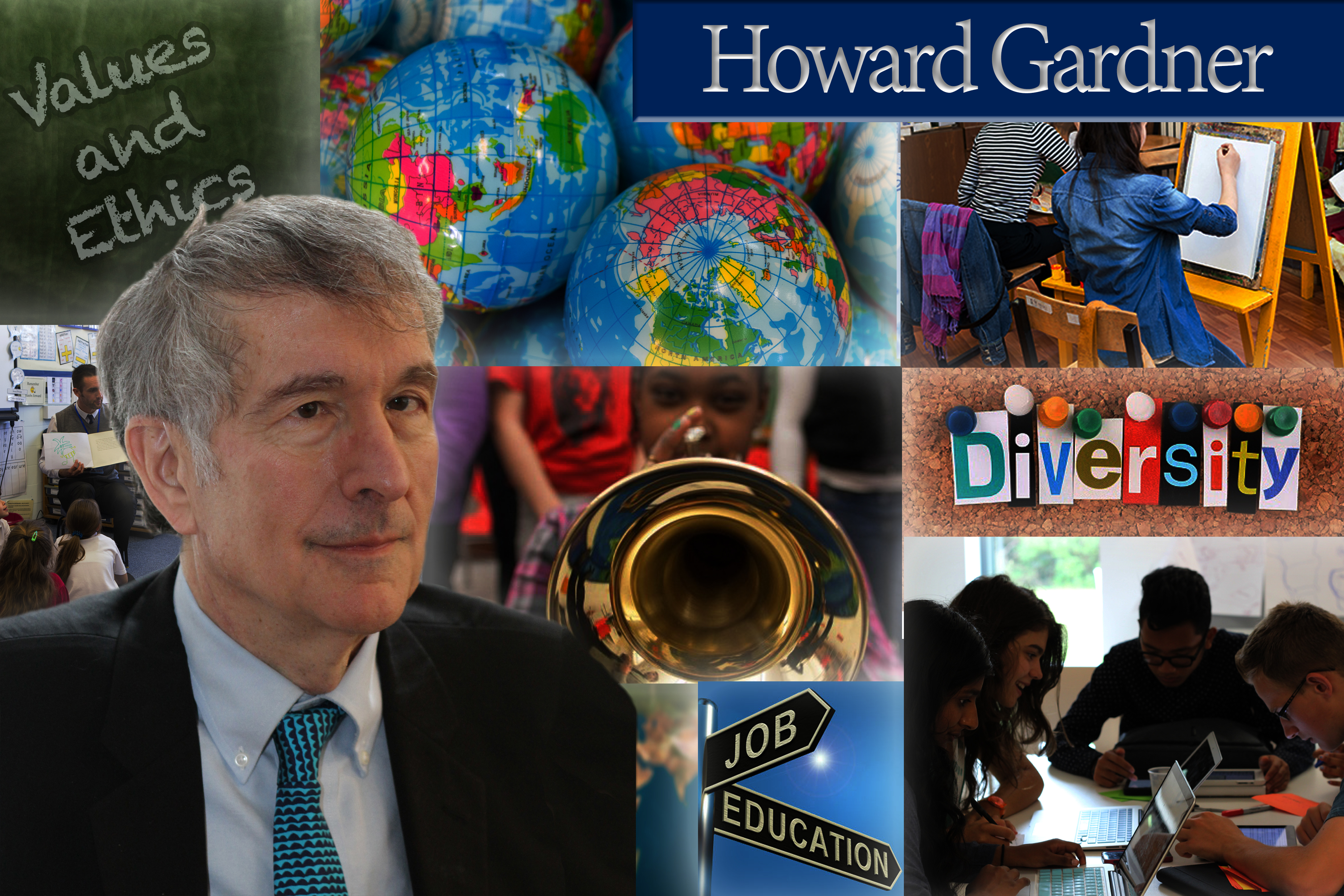
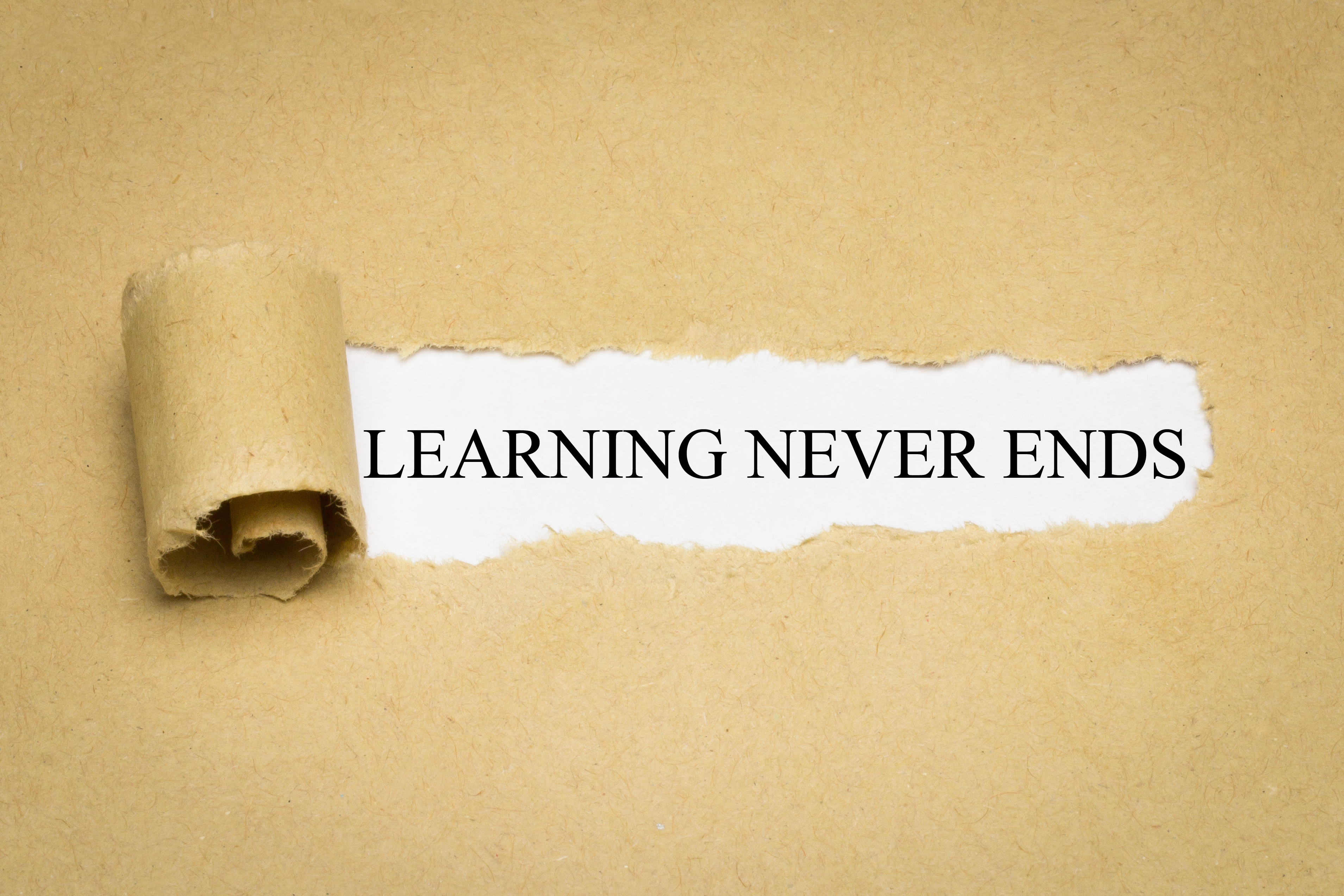
Recent Comments